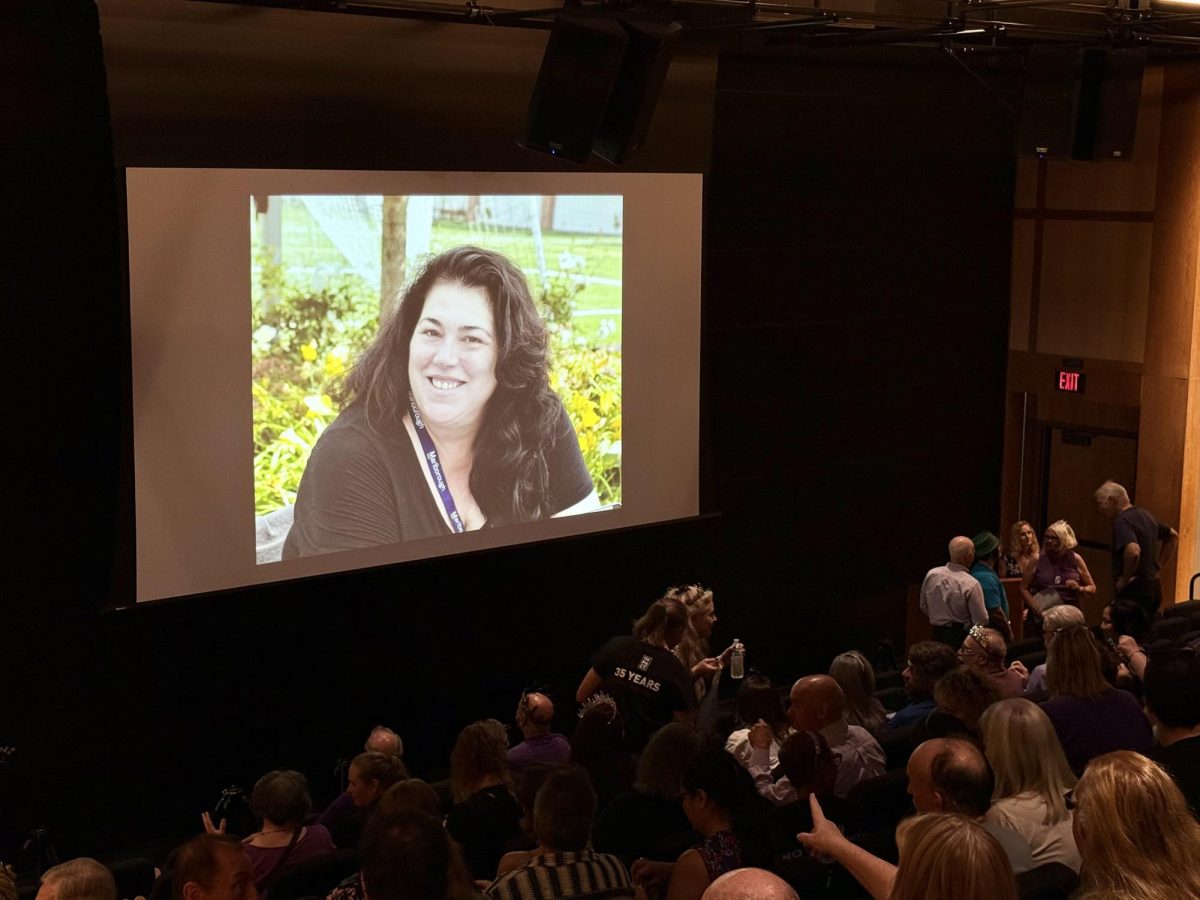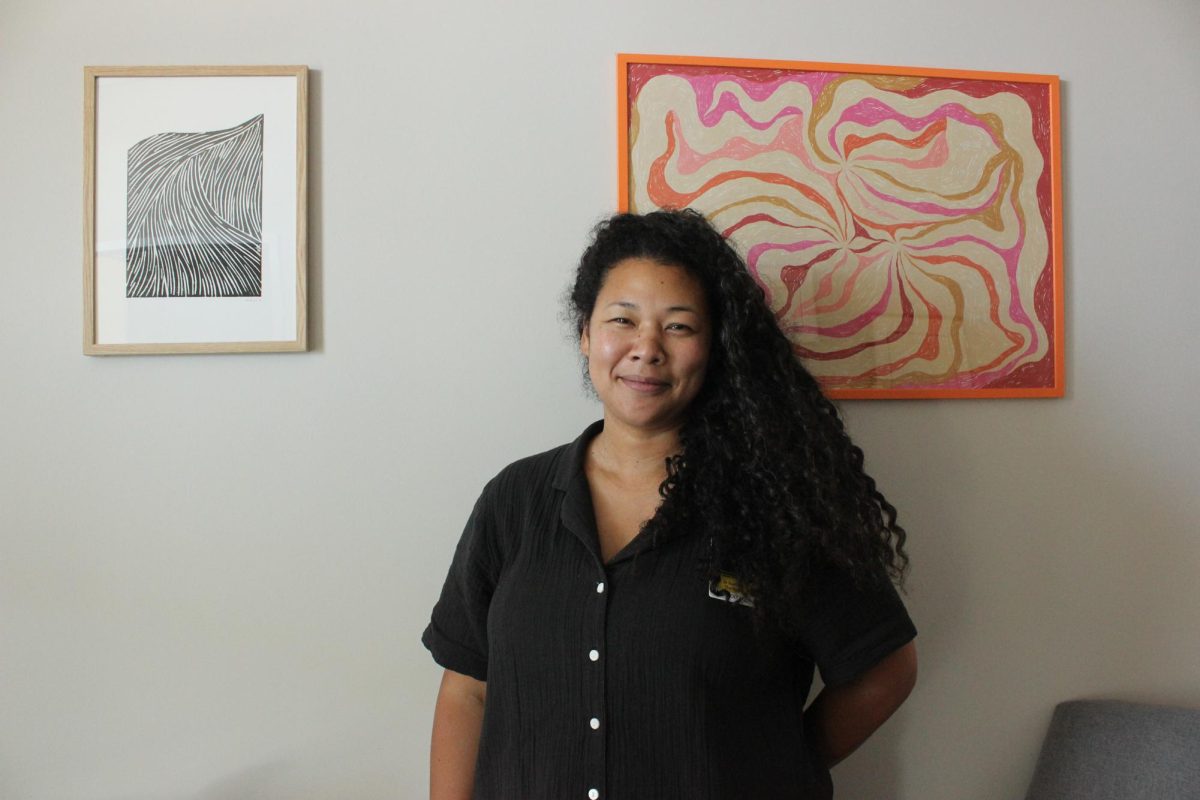
For the first time in Marlborough history there will be four sections of Advanced Placement Environmental Science. There was a 30% increase in enrollment from last year where there were 49 students in three sections to this year where there are 65 students in four sections. APES follows the AP curriculum which includes food production, waste management, climate change and energy. There are also a variety of fun hands-on labs and usually a field trip. Science Department Head Lisa Ellis emphasized the difference between APES and other AP science courses and why that may be a factor in the increased enrollment.
“It [APES] blends in governmental policy and societal impacts throughout the course, much more so than other AP science courses,” Ellis said. “This may make it easier for students to see how the material relates to their lives.”
In addition to the class structure, young people are increasingly concerned with climate change, a key concept taught in the course. APES Instructor Catherine Mino thinks students resonate with the climate change units since many students are passionate about the crisis. The level of depth APES goes into to study climate change is a key attractor.
“I think in order to effectively address any problem it’s really good to have a deeper understanding of the problem,” Mino said. “And then, understand how can I be a part of the solution?”
COVID-19 may also be a factor in the increased enrollment. The course features field trips and labs that have been much harder to experience during online learning. Incoming APES student Lucy ’22 says that COVID-19, climate change and the course itself factored into her decision.
“I just think environmental science is so important to understand because we just want to understand the world around us, and at its core, that’s the earth and the environment,” Lucy said.






